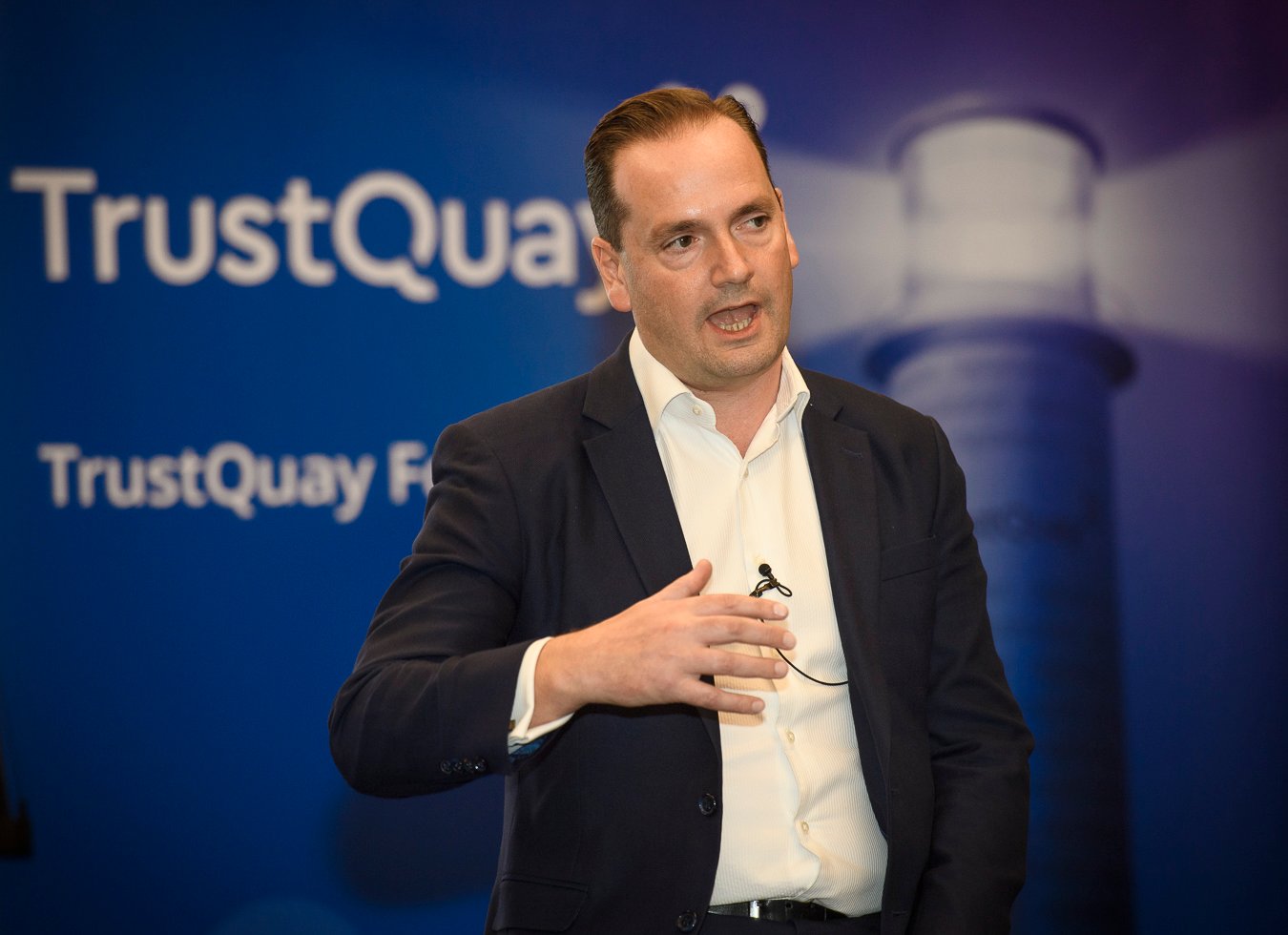Jersey and Guernsey, both UK Crown Dependencies with links to the UK but an autonomous political and legal life, are arguably as important parts of the IFC chessboard as they have ever been.
According to Boston Consulting Group, the Channel Islands (and the Isle of Man, the third Crown Dependency) held $600 billion of cross-border wealth in total in 2021, putting them behind the US ($1.1 trillion) and on a par with the United Arab Emirates, and ahead of the UK ($500 billion); Luxembourg ($400 billion); Monaco ($300 billion), and Liechtenstein ($200 billion).
Switzerland, by the way, has $2.5 trillion of cross-border wealth, making it still the biggest in this league by far.
Boston Consulting Group defines cross-border wealth as "financial wealth booked in a jurisdiction separate from the wealth owner’s jurisdiction of domicile."
In Jersey, the number of live companies on the register stood at 34,671 at the end of the first quarter of 2022 and the net asset value of regulated funds under administration increased by £9.1 billion ($10.5 billion) from £450.2 billion to £459.3 billion during Q1 2022; the total value of banking deposits held in Jersey increased from £133.5 billion to £136.15 billion during Q1 2022.
A total of 20 banks are licensed in the island (source: Jersey Finance). Licensed banks in Jersey include Citibank, Investec, Lloyds Bank, EFG Private Bank, BNP Paribas, Royal Bank of Canada, Nedbank Private Wealth, Standard Bank, Santander, and Union Bancaire Privée.
In Guernsey, the total net asset value of Guernsey funds increased in sterling terms during the first three months of 2022 by £6.0 billion to £309.6 billion. Over the past year, total net asset values rose by £45.9 billion. There are 23 licenced banks.

Several of the banks in Jersey, although not all, also have offices in Guernsey, and include Bank J Safra Sarasin, Barclays, Julius Baer, Banque Cantonale Vaudoise, BNP Paribas (Suisse), Butterfield Bank, Credit Suisse, EFG, FirstRandBank, HSBC, Investec, SG Kleinwort Hambros, Rothschild & Co, Lloyds, and Northern Trust.
These IFCs have had to adapt. Even before the 2008 financial crash, these islands knew that the winds were blowing harder against places deemed to be a soft touch for illicit money. They have had to tighten controls and reinvent value-added propositions.
What is an IFC (International Financial Centre)? Finance Unlocked defines IFCs as centres "operating from a physical location that facilitates international activity and operates under a regulatory framework that meets international norms... IFCs provide financial services to international clients as well as support services such as law, accountancy and technology."
Over the past 40 to 50 years, so many firms such as banks, law practices, fiduciary service providers and trust companies have set up in the Channel Islands that a “clustering” momentum of its own has developed, much as Silicon Valley achieved after WW2.
This article originally appeared in ClearView Financial Media's Acclaim magazine and has been published here with permission.
📷 1: TrustQuay's Jersey-based Senior Product Manager Pravin Yeole demonstrates data consolidation and data management for TCSPs at TrustQuay Forum 2022. 📷 2: Financial Services Group Director Stuart Richford - from partner firm BDO Jersey - holds forth at the same event.
Guest Posts
Guest posts from TrustQuay partners

